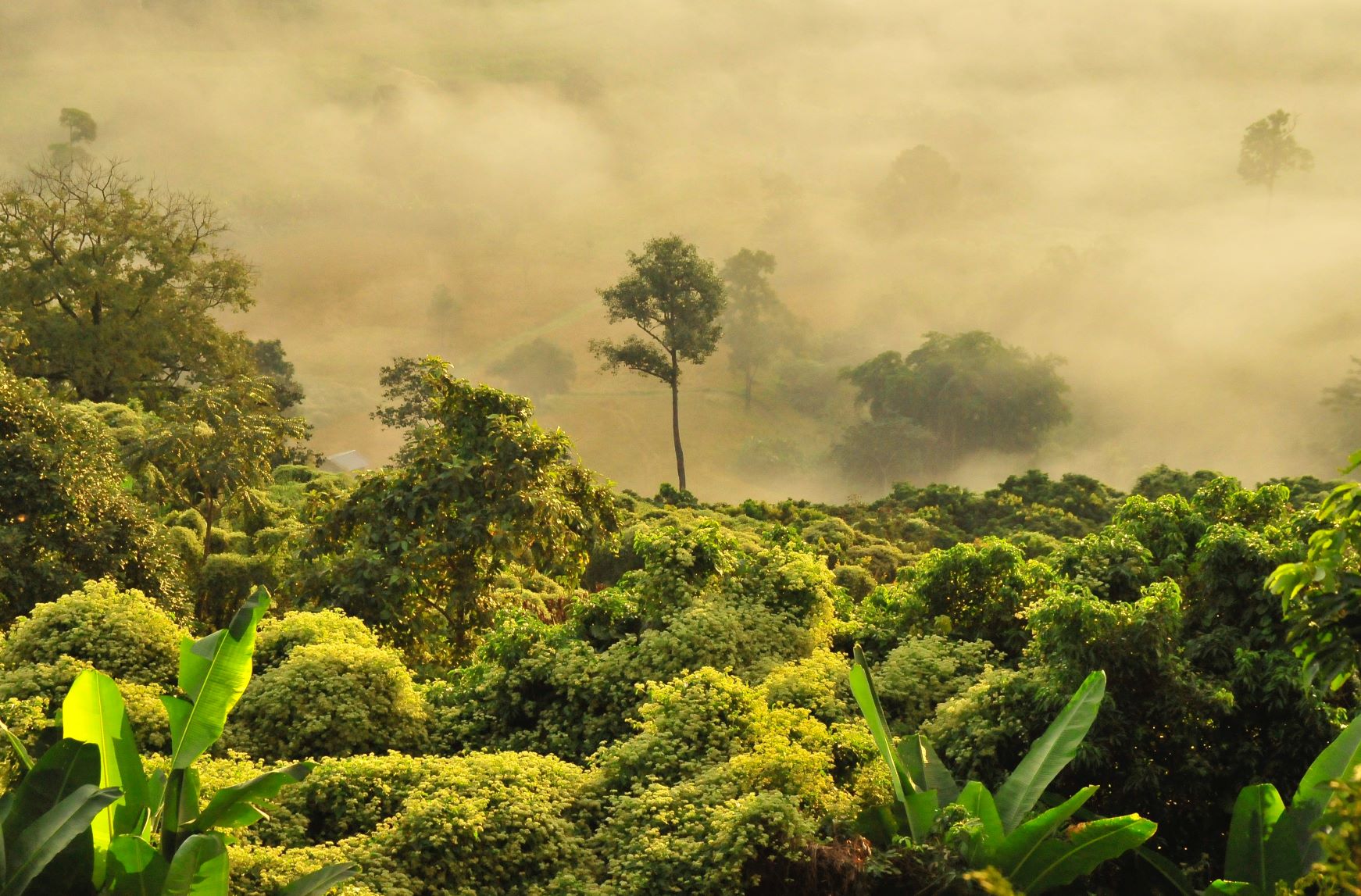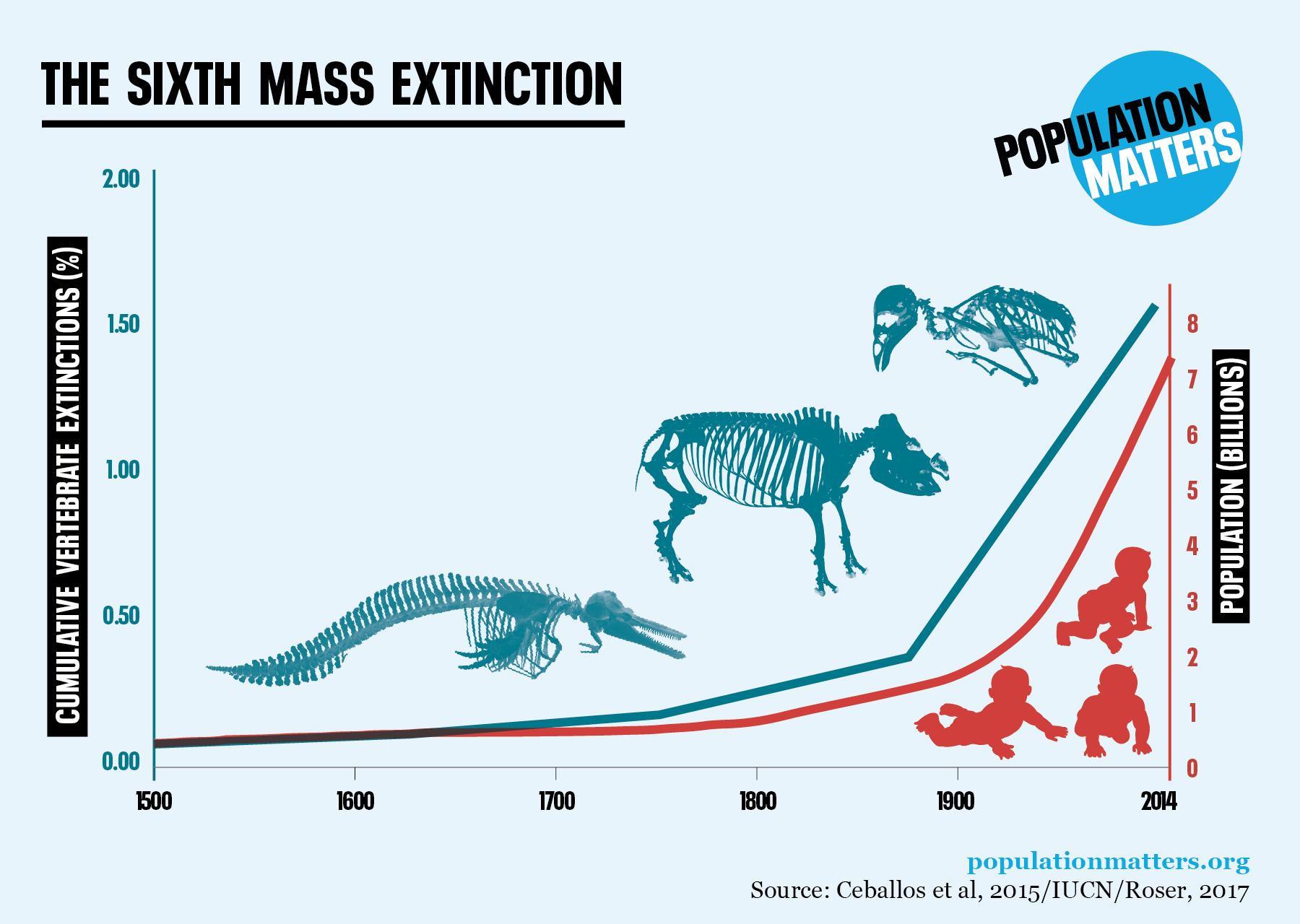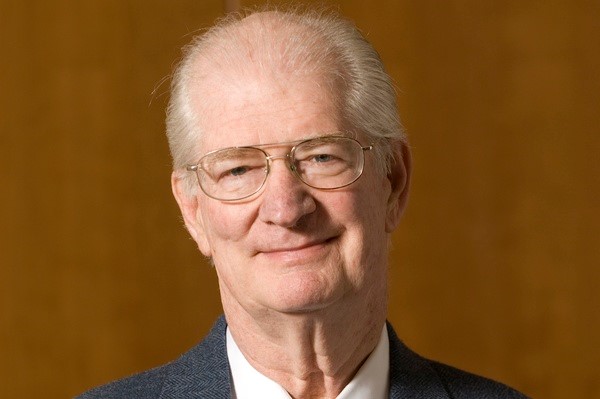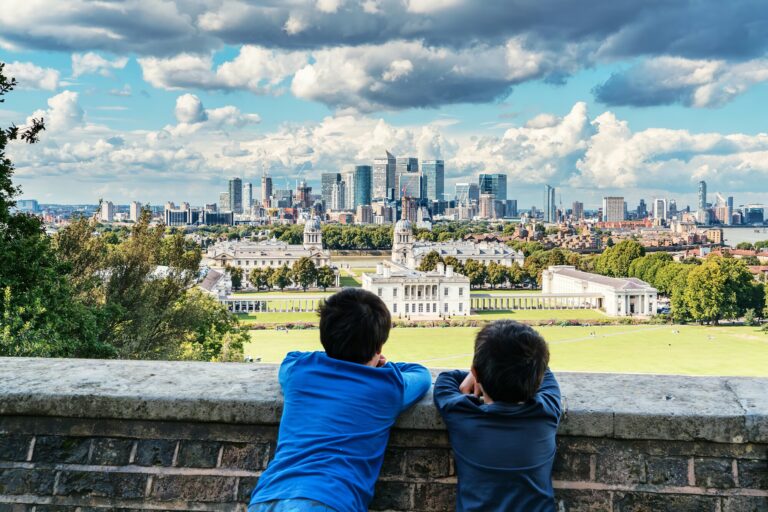
The Big Growth Lie: Herman Daly and his Vision for a Steady Future
When we think of economic growth, it’s often assumed that more is always better. But for Herman Daly, one of the founding voices in ecological economics, this growth mindset was fundamentally flawed.
Herman Daly was a pioneer in calling for a steady state economy, where the focus is on sustainable, equitable wellbeing rather than perpetual expansion. His warnings on the limits of growth, particularly population growth, remain as relevant today as ever.
A Life Committed to Ecological Balance
Born in Houston, Texas, in 1938, Herman Daly pursued his education in economics, earning a PhD from Vanderbilt University in 1967. His early career was shaped by his passion for sustainability and ecological economics, which was unconventional at the time. Daly worked at Louisiana State University as a professor of economics before joining the World Bank as a senior economist in the 1980s.
Throughout his career, he was a passionate advocate for environmental limits, focusing on the intersection of population growth, economic policy and the health of ecosystems. He was a member of Population Matters’ Expert Advisory Group up until his death in 2022.
A Visionary Critique of “Growth as Usual” Economics
Daly argued that the pursuit of endless economic growth ignores the finite nature of our planet. This idea underpinned his critique of mainstream economics, which often downplays the environmental costs of unchecked growth. For Daly, growth has limits – and pushing beyond them jeopardises both people and the planet.
The economy is a subsystem of the earth’s ecosystem, and you cannot grow something indefinitely within a finite system.”
A key area of Daly’s work was population sustainability. As a member of Population Matters’ Expert Advisory Group, he underscored the importance of recognising population growth as a critical factor in the environmental equation. In his words:
The issue of population growth is central to sustainability. We cannot continue to grow in numbers and expect to avoid environmental degradation.”
Daly’s insistence that we acknowledge ecological boundaries set him apart as a visionary, advocating for both economic and environmental balance.

Daly’s critique extended beyond growth economics to encompass corporate responsibility and government inaction. He believed that many institutions prioritised profits over the health of ecosystems. “Corporations act as if growth is their sole responsibility, while governments neglect their duty to set limits,” he argued, pointing to a system that fundamentally fails to account for the real cost of growth. His work paved the way for the growing calls we now hear for greater corporate accountability and government-led action on climate change.
But Daly’s ideas weren’t just critiques – they were solutions. He championed the steady state economy, which shifts the focus from expansion to stability, advocating for a system that prioritises long-term environmental and human health. Daly’s work offers an alternative economic vision, one that calls for recognising ecological limits and promoting sustainability over profit.
The Steady-State Framework
Herman Daly’s work was not just theoretical. He provided a practical framework in his publication, including 1977’s “Steady-State Economics.”
Sustainable Scale: Daly proposed that economies should operate within the ecological limits of the planet. This means setting limits on resource use and waste production to avoid overburdening the Earth’s ecosystems.
Stable Population and Consumption: The framework calls for a stable population and per capita consumption, ensuring that both remain at levels the planet can sustain over the long term.

Fair Distribution: Daly emphasised the need for a more equitable distribution of wealth and resources. In a steady-state economy, policies should aim to reduce inequality to ensure fairness across societies.
Efficient Allocation: While markets play a role in allocating resources, Daly argued that they must operate within set ecological and social boundaries. Efficiency should be pursued without compromising sustainability or fairness.
Focus on Quality of Life: Rather than pursuing endless growth, Daly’s framework shifts the focus towards improving well-being, quality of life, and environmental health, recognising that true progress isn’t measured by GDP alone.
Herman Daly: A Legacy of Sustainable Thought
As we face rising inequality, biodiversity loss and a climate crisis, Daly’s ideas resonate more strongly than ever. His vision of sustainability isn’t just about reducing our footprint; it’s about rethinking our entire economic system. Educating ourselves on alternatives like Daly’s steady state economy is essential if we’re to build a sustainable future.
Additionally, gender equality and biodiversity protection also form part of the broader framework needed for a just, stable world. Addressing these interconnected issues isn’t optional—it’s essential for the survival of both people and the planet.



